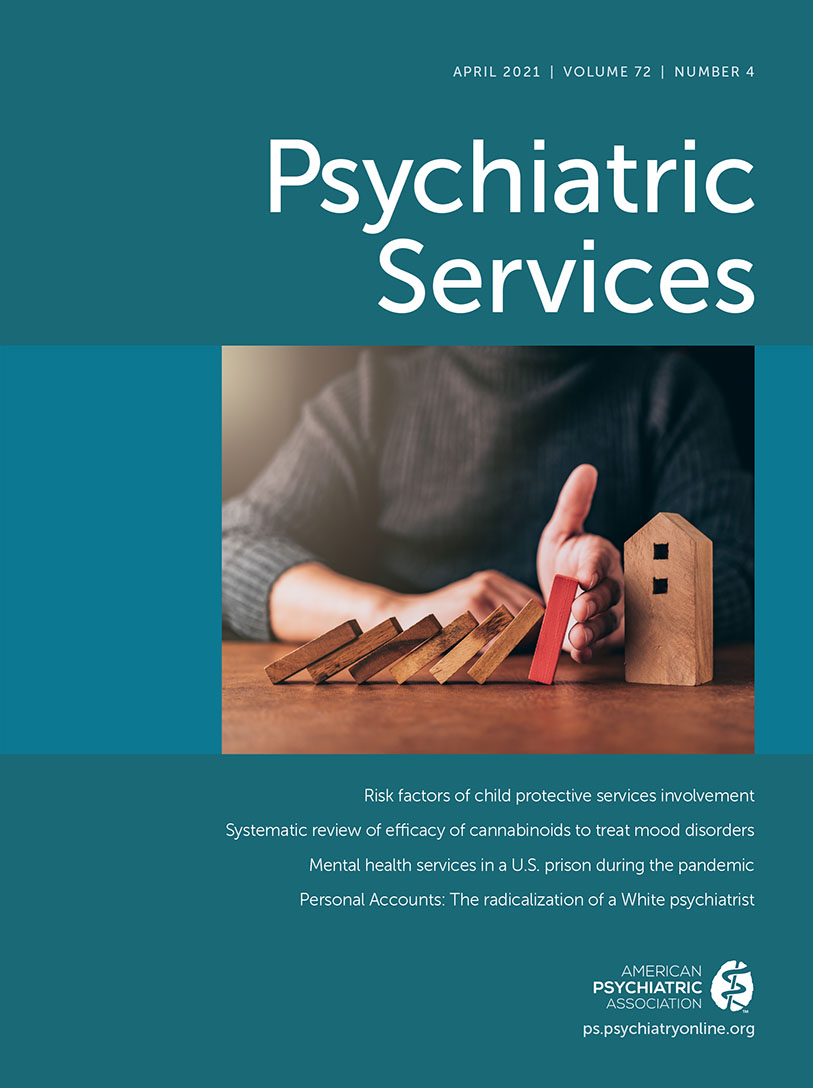A Legal Right to Clozapine Therapy for Incarcerated Individuals With Treatment-Resistant Schizophrenia
Abstract
People with serious mental illnesses increasingly are being treated in jails and prisons, and during incarceration are afforded a constitutional right to medical care. This right pertains to both general medical and mental illnesses and both acute and chronic conditions. However, incarcerated patients with treatment-resistant schizophrenia (TRS) often are not offered clozapine, the only medication for this debilitating illness approved by the U.S. Food and Drug Administration. In this column, the authors argue that incarcerated individuals with TRS have a statutory and constitutional right to treatment with clozapine.



